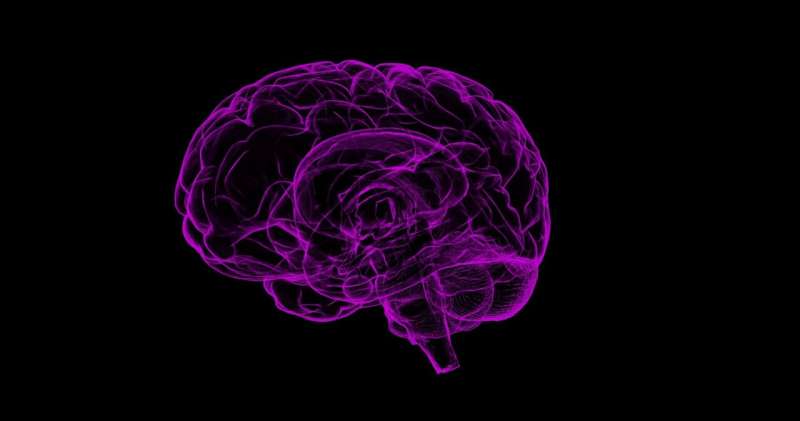New Study Challenges Link Between Contact Sports and Brain Protein Buildup in Aging Men

A groundbreaking Northwestern study finds no direct link between amateur contact sports and tau protein buildup in the aging brain, highlighting the role of normal aging processes in neurodegeneration.
A recent study conducted by Northwestern Medicine has cast new light on the relationship between repetitive head impacts in contact sports and neurodegenerative changes in the brain. The research analyzed brain tissue from 174 donated brains of older men, including some former high school and college football players, to investigate whether sport participation correlates with the accumulation of tau protein, a marker often associated with neurodegenerative diseases like Alzheimer's and CTE.
Previous concerns have suggested that playing contact sports increases the risk of developing conditions like chronic traumatic encephalopathy (CTE), largely due to the buildup of phosphorylated tau (p-tau) protein in the brain. However, the findings from this study challenge this assumption. The researchers focused on the hippocampal subregion called CA2, which is critical for memory. They discovered that the presence of p-tau in this area was more strongly linked to age itself rather than sports participation or head trauma history.
Specifically, among the samples examined, there was no significant increase of p-tau in individuals who played football at amateur levels compared to those who did not engage in contact sports. This suggests that the presence of tau protein in this brain region may be part of normal aging processes rather than a direct consequence of repeated head impacts.
The study highlights the importance of cautious interpretation of subtle neuropathological findings. It emphasizes that changes in the brain often considered pathological may also occur naturally with aging, making it critical to distinguish between disease-related alterations and normal aging processes. The authors advocate for larger, more comprehensive studies to better understand how tau protein relates to aging, head injuries, and overall neurodegeneration.
This research underscores the need for the scientific community to reevaluate assumptions about the neuropathology of contact sports and neurodegenerative diseases, urging a more nuanced understanding of aging brains. The findings are published in the Journal of Alzheimer's Disease and suggest that the relationship between sport-related impacts and long-term brain health may be more complex than previously believed.
Stay Updated with Mia's Feed
Get the latest health & wellness insights delivered straight to your inbox.
Related Articles
How Breast Cancer Medications Target Genomic Damage in Tumors
Recent research reveals how breast cancer drugs like PARP inhibitors create DNA fractures in tumors, leveraging genetic weaknesses to improve therapy effectiveness.
Study Finds Buprenorphine During Pregnancy Reduces Preterm Birth and Long-Term Costs for Mothers and Infants with Opioid Use Disorder
Research shows that buprenorphine treatment during pregnancy improves health outcomes for mothers and infants with opioid use disorder and results in significant long-term cost savings.
WHO Updates Essential Medicines List to Include GLP-1 Receptor Agonists
The WHO has updated its essential medicines list to include groundbreaking treatments for diabetes, cancer, and other critical health conditions, promoting equitable access worldwide.



